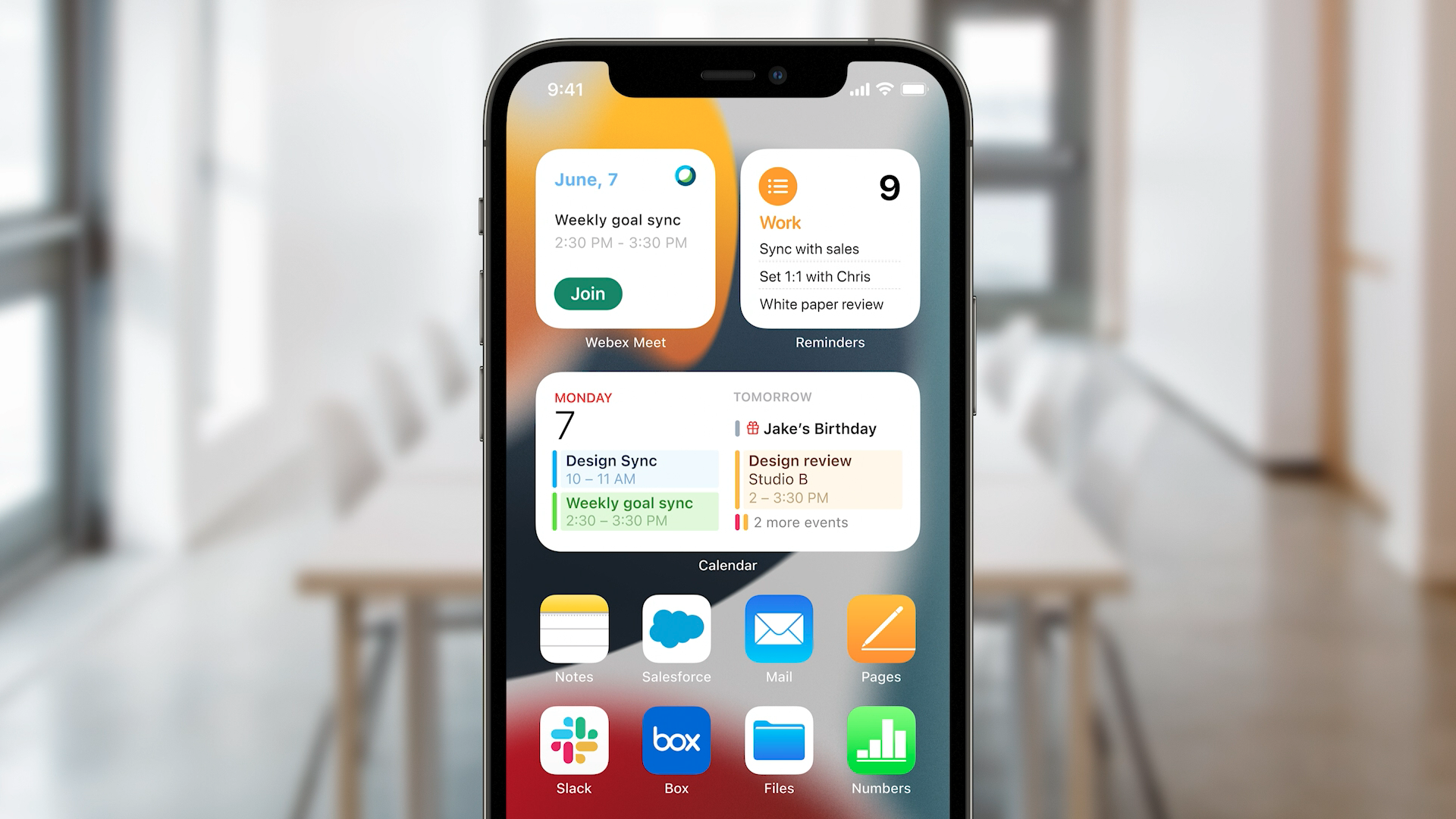South Korean law forces Apple and Google to let developers bypass 30% app store cut
A new law forces Apple and Google to let app developers choose their own payment system

South Korea has passed a new bill that forces app stores to let developers use payment systems of their choice. Essentially, this means app devs can sidestep Apple and Google’s up to 30% cuts by transacting directly with consumers or using a service that takes a smaller cut.
The Telecommunications Business Act bill passed by South Korea’s National Assembly will become law when it’s signed by President Moon Jae-in, Bloomberg reported, which could be as early as next month.
The bill has obvious implications for Apple and Google’s businesses, as well as the ongoing legal suits Epic Studios brought against both companies. Epic would now be able to secure payments from users directly by using its own pay system and avoid giving Apple or Google any cut of the revenue.
Apple has used its App Store as a gatekeeper for software, requiring developers to run through its approval process to release apps intended to run on iPhones (on iOS) and iPads (on iPadOS). Google permits ‘side-loading’ apps for phones and tablets running its Android operating system, but both it and Apple have forced apps to pay through first-party stores: if you’re making money on your app, the tech giant that owns the OS and associated app store will take its cut.
While this rigid control hasn’t been popular with app developers, it’s gone largely unchallenged until Epic engaged in simultaneous legal battles with both Apple and Google. Epic wants to put its own software store on iOS and Android devices, presumably but not officially to pay less or none of the revenue cuts to both tech giants.
But the South Korean bill wasn’t passed specifically to advocate for expanding software availability on mobile platforms – it only frees up developers to use a different payment service if they choose. Korean lawmakers reportedly passed this legislation to get ahead of Google closing a loophole that exempted the country from needing to use its payment system (and apply its 30% revenue cut) to non-gaming apps, per Bloomberg.
Should Apple, Google or other companies fail to comply, they could be fined up to 3% of revenue made in South Korea, according to The Wall Street Journal.
Get daily insight, inspiration and deals in your inbox
Sign up for breaking news, reviews, opinion, top tech deals, and more.
Analysis: the first domino to opening up app store payments worldwide?
Both Apple and Google have claimed that restricting software through their app stores has kept users safe, with Apple claiming its efforts prevented a supposed $1.5 billion in fraud. But maintaining their hold on iOS, iPadOS and Android revenue is very lucrative: the Apple App Store and Google Play Store brought in a combined $64.9 billion in revenue in the first half of 2021, per a June report by analyst firm Sensor Tower.
The big question is: what does this mean for app markets outside South Korea? While we knew that South Korean lawmakers were going to make a decision about Apple and Google’s app stores, other countries have not introduced similar legislation – at least on a national level.
The US state of Arizona’s lawmakers proposed a bill in March similar to South Korea’s that would free developers from being forced to use Apple and Google’s payment systems. While the bill died in committee before the month’s end, reportedly due to heavy lobbying by both tech giants just before the votes according to The Verge, it shows that some legislators elsewhere in the world are interested in the issue.
That interest could reignite now that South Korea’s efforts have become law – especially showing that legislation can succeed despite pushback from Apple and Google. We’ll have to see whether laws succeed where Epic’s legal trials have not.
- 5 biggest iPhone 13 changes we expect in 2021
David is now a mobile reporter at Cnet. Formerly Mobile Editor, US for TechRadar, he covered phones, tablets, and wearables. He still thinks the iPhone 4 is the best-looking smartphone ever made. He's most interested in technology, gaming and culture – and where they overlap and change our lives. His current beat explores how our on-the-go existence is affected by new gadgets, carrier coverage expansions, and corporate strategy shifts.
